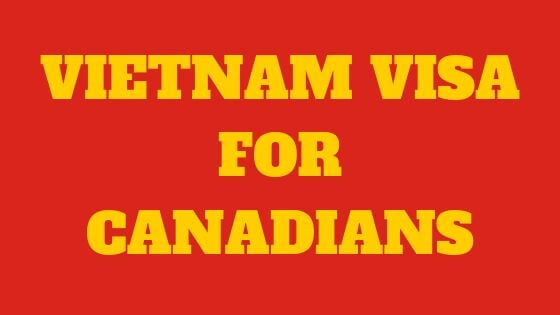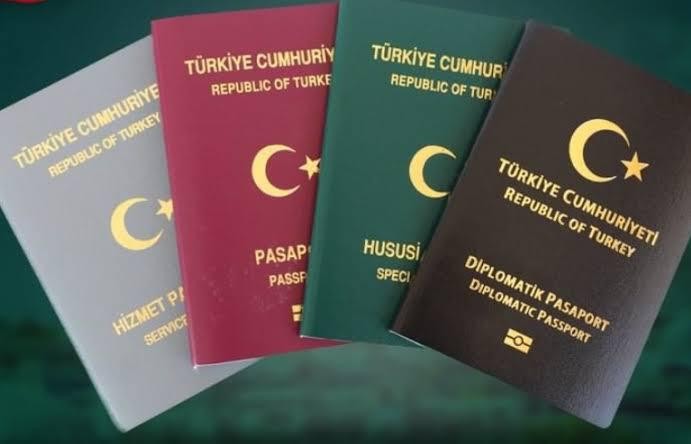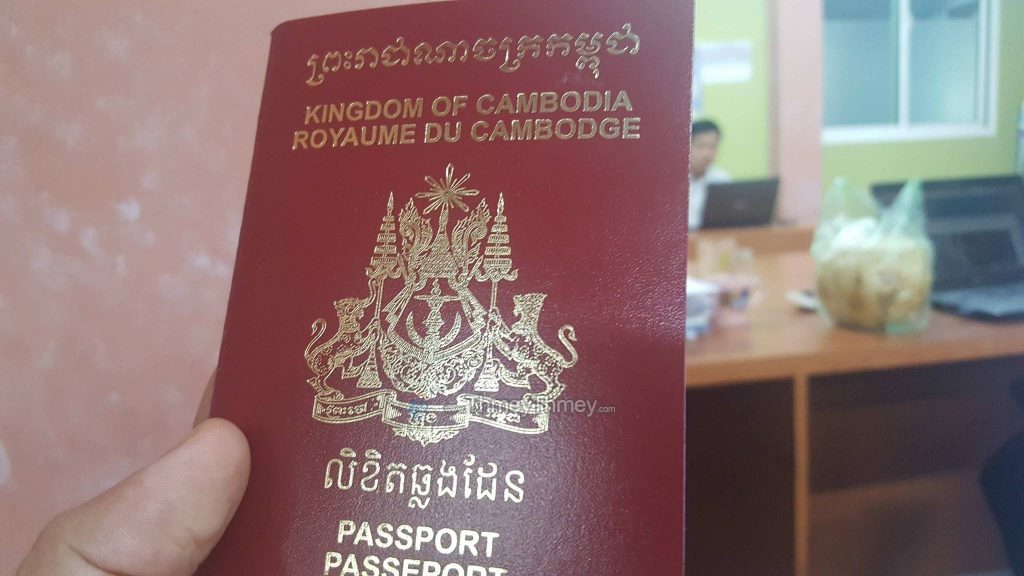Introduction:
The process of obtaining a Vietnam visa from Canada is an essential step for Canadian citizens planning to explore the rich cultural heritage, picturesque landscapes, and vibrant communities of Vietnam. This essay aims to provide comprehensive insights into the application procedure, types of visas available, necessary requirements, and other pertinent information related to securing a Vietnam visa, all while catering to the intellectual level of a Graduate School student.
Paragraph 1: Vietnam Visa Overview
The Vietnam visa allows Canadian citizens to legally enter, work, study, or engage in tourism activities within Vietnam for a specified period. Although obtaining a visa on arrival is possible, it is recommended to apply for a visa prior to travel to ensure a hassle-free entry into Vietnam.
Paragraph 2: Types of Vietnam Visa
Canadian citizens have two main options to acquire a Vietnam visa: the e-visa and the embassy/consulate visa. The e-visa, a relatively new online system, provides a convenient solution for short-term stays. Alternatively, the embassy or consulate visa offers various visa types, including tourist, business, and diplomatic visas, depending on the purpose and duration of stay.
Paragraph 3: Applying for the E-Visa
To apply for an e-visa, Canadian citizens must visit the official Vietnamese government website and complete the VIETNAM VISA FROM UNITED KINGDOM online application form. This typically requires providing personal information, travel details, and uploading a recent passport-sized photograph. After a processing period of around three business days, applicants will receive an electronic visa via email.
Paragraph 4: Applying through the Embassy or Consulate
For those planning a more extended stay or engaging in business or academic activities in Vietnam, it is advisable to apply through the Vietnamese embassy or consulate. This process requires submitting a completed application form, a passport-sized photo, a valid passport, proof of onward travel, and visa processing fees to the relevant embassy or consulate in Canada.
Paragraph 5: Document Verification and Processing Time
After submitting the application, relevant authorities will conduct a thorough verification process to ensure accuracy and legitimacy. The processing time can vary depending on the visa type and embassy/consulate workload. It is advisable to complete the application well in advance to avoid any unnecessary delays.
Paragraph 6: Visa Approval and Collection
Upon approval, the embassy or consulate will notify the applicant to collect their visa. This can be done in-person or through a courier service. Applicants must bring the necessary documentation, including their passport, visa approval letter, and any additional requirements specified during the application process.
Paragraph 7: Visa Validity and Extension
The validity of a Vietnam visa acquired by Canadian citizens varies depending on the visa type and duration requested during the application. Tourist visas typically allow stays of 30 days, while business visas can range from one month to one year. Extensions are possible, but they require approval from Vietnamese immigration authorities.
Paragraph 8: Visa Regulations and Compliance
While in Vietnam, Canadian citizens must abide by all local laws and regulations. It is advisable to carry a copy of the visa, passport, and any other relevant identification documents at all times. Overstaying the visa validity can result in fines, deportation, or other legal consequences.
Paragraph 9: Conclusion
Securing a Vietnam visa from Canada is a crucial step for Canadian citizens aspiring. To explore or conduct activities in Vietnam. The application process, whether through the e-visa system or via the embassy/consulate. Demands careful attention to detail, adherence to deadlines, and compliance with the country’s regulations. It is essential to thoroughly research the necessary requirements and plan well in advance to ensure a smooth and enjoyable visit to Vietnam.











